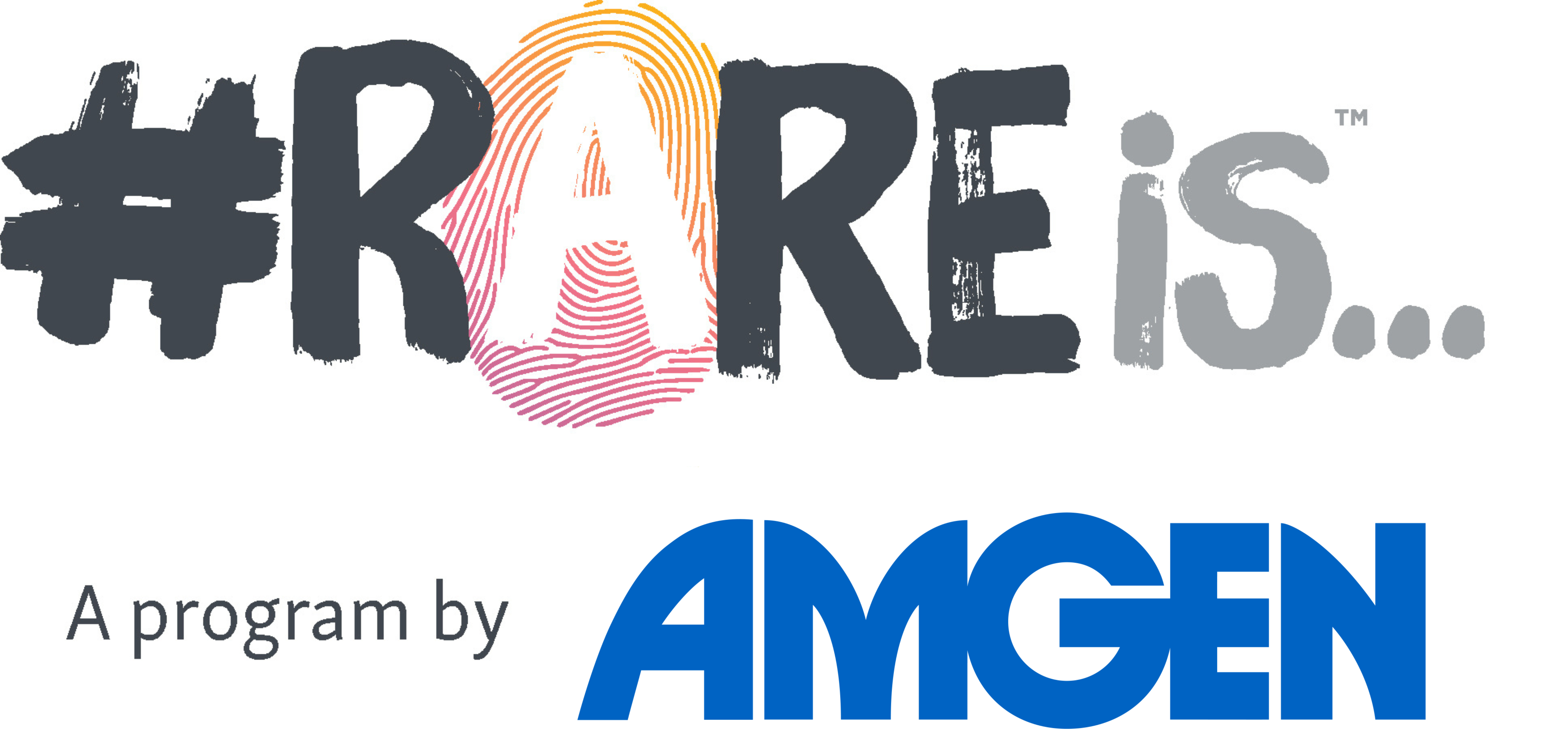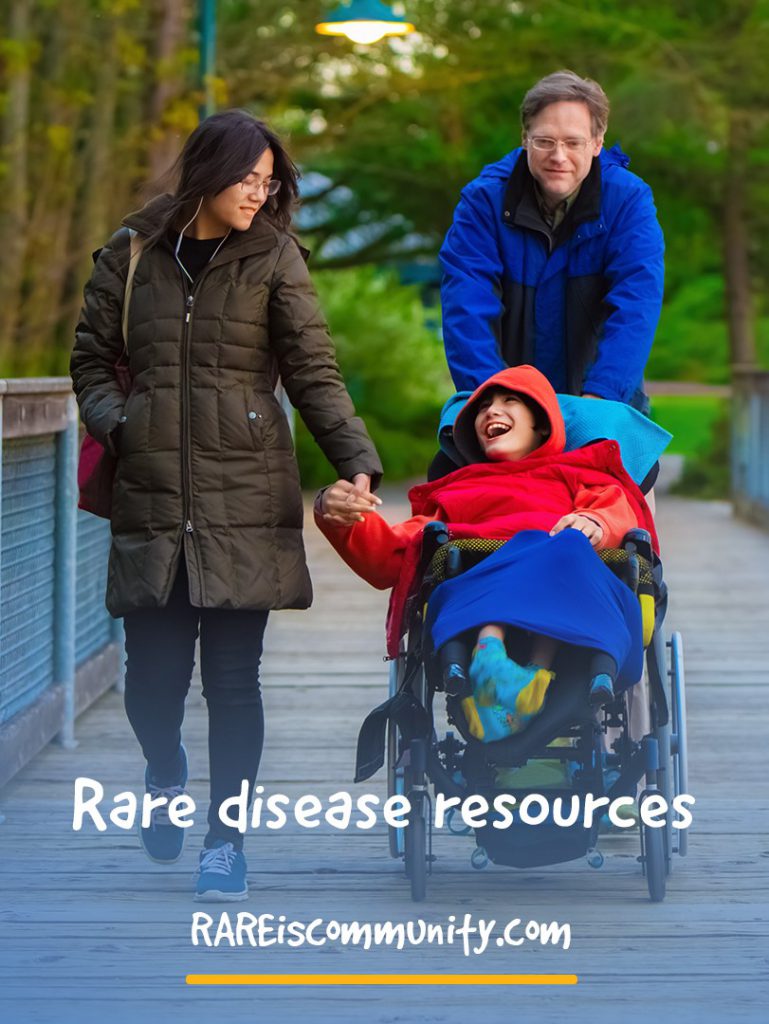Finding strength in knowledge
Gathering rare disease information from sources you can trust is important. Whether you or a loved one have recently been diagnosed with a rare disease, you’re most likely looking for support, conducting research, and making connections to learn more. There is such a wealth of information available online and via rare disease organizations that finding the specific information you need may be difficult, frustrating, confusing and even potentially stressful. But you are not alone – there’s a vast community here to support and empower you as you seek answers.
Once you’ve found the right community, you feel part of their family. You can ask anything and everything, knowing that there will undoubtedly be someone online who shares your hopes and fears and who’ll benefit from your story as much as you can benefit from theirs.
Below are five websites from trusted advocacy organizations with empathetic sources of good information, real-life stories, and patient-centered support.
Global Genes
The goal of the Global Genes Rare Portal is to connect, empower and inspire families living with rare genetic conditions. The online community offers events, resources and tools for patients, caregivers and advocates. Benefits of joining the community include:
- Networking with peers
- Finding and sharing resources
- Joining discussions with others living with rare diseases
- Making meaningful connections with others on a similar rare health journey
The portal is open to patients, caregivers and advocates, and you can decide what personal data, if any, you want to share.
Many people with rare diseases find it difficult to get a diagnosis, and they may have many unanswered questions. The Global Genes Concierge offers immediate, free and personalized support from a network of healthcare providers, genetic counselors, researchers, patient advocates and foundations to help find answers. Simply submit your request and the RARE Concierge will suggest a customized list of available resources, advocacy groups and disease-specific information, as well as information related to access to care and support.
National Organization for Rare Disorders (NORD)
NORD has been offering information and support to patients and their families since 1983 and their Resource Center is a trusted hub for free webinars, fact sheets, infographics and other helpful materials.
The group’s RareEDU webinars are free, live and interactive and cover a wealth of topics that will help guide you and answer your questions. Recent topics include genetic counseling, transitioning to adult care and the rare sibling experience. The full archive is available on NORD’s YouTube channel playlist here.
The Rare Disease Database® provides easy-to-read reports and real-life stories on rare diseases. Each one links to disease-specific patient organizations and other resources. It’s simple to navigate and search and includes alternative names, related disorders and therapies from a trusted source.
Center for Chronic Illness
Peer support is invaluable for people living with chronic illnesses. It helps ease feelings of isolation, stress and anxiety that patients and their loved ones may experience.
The Center for Chronic Illness offers emotional and educational support for those living with ongoing health challenges. Their services are free of charge and are professionally facilitated and geared towards bringing people together. Visit the website to find both in-person (resuming in/after October 2021) and web-based support groups.
European Organization for Rare Diseases (EURORDIS)
EURORDIS calls itself the voice of people affected by rare diseases throughout Europe. They are a patient-driven community made up of 970 rare disease patient organizations in 74 countries. The group’s Services & Training Resources Center provides training through free online modules, as well as a summer school, covering topics from medical research, ethics, regulation, the European Medicines Agency, benefit-risk assessment and pharmacovigilance, and market access. The training empowers patient advocates, giving them the confidence and knowledge to bring their much-needed expertise to discussions on healthcare, research, and treatment development.
The Disorder Channel
Two rare disease dads started The Disorder Channel as a way to bring the Rare Disease Film Festival to individual households when the COVID-19 pandemic kept the festival from happening in-person. Their goal is to highlight unique rare disease experiences through stories and the creative lens of film. They have curated and produced short films and features, documentaries, narratives, talk show episodes and even some fantasy films about rare. They are now available to stream via Roku or Amazon Fire TV.

